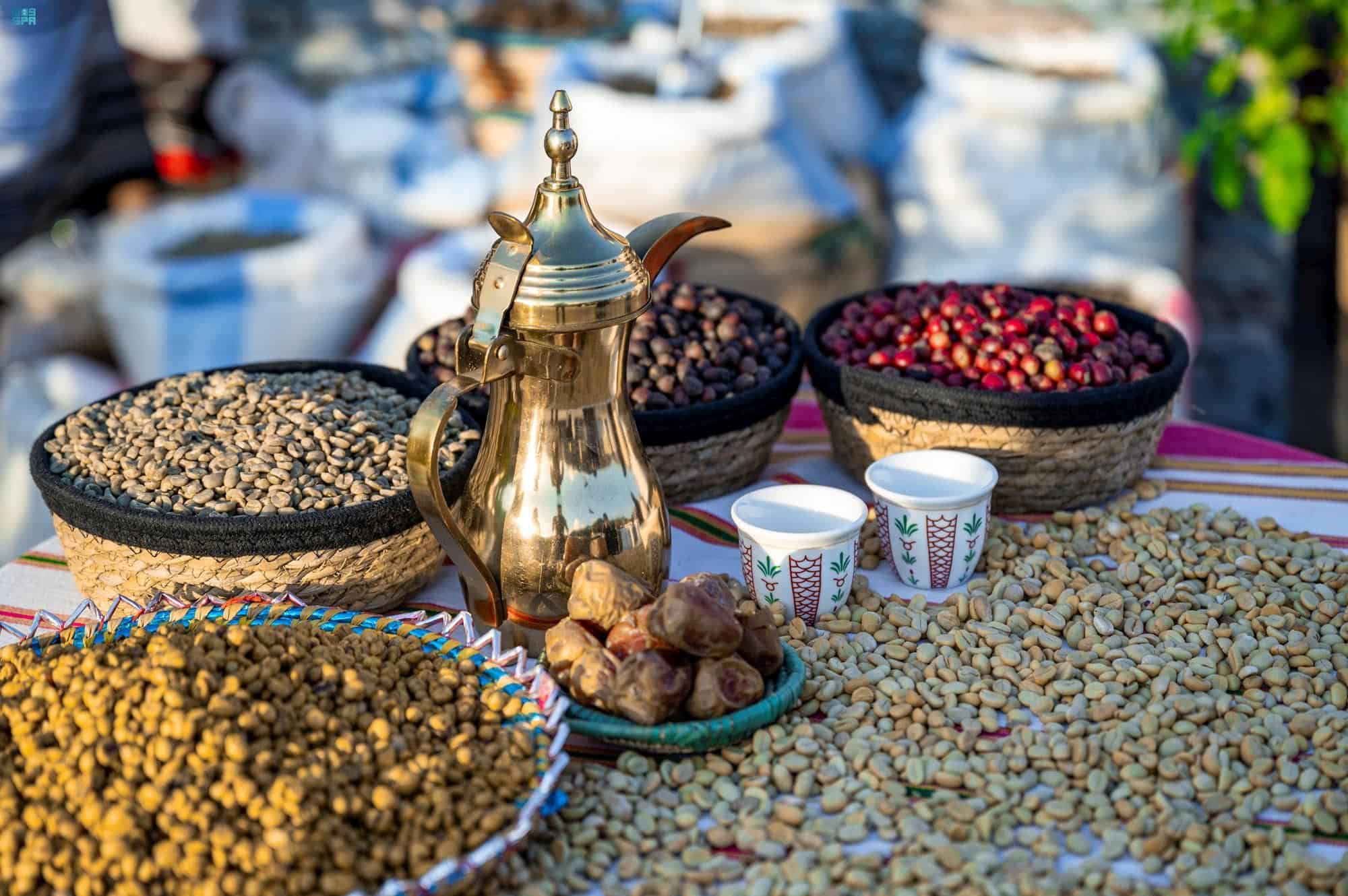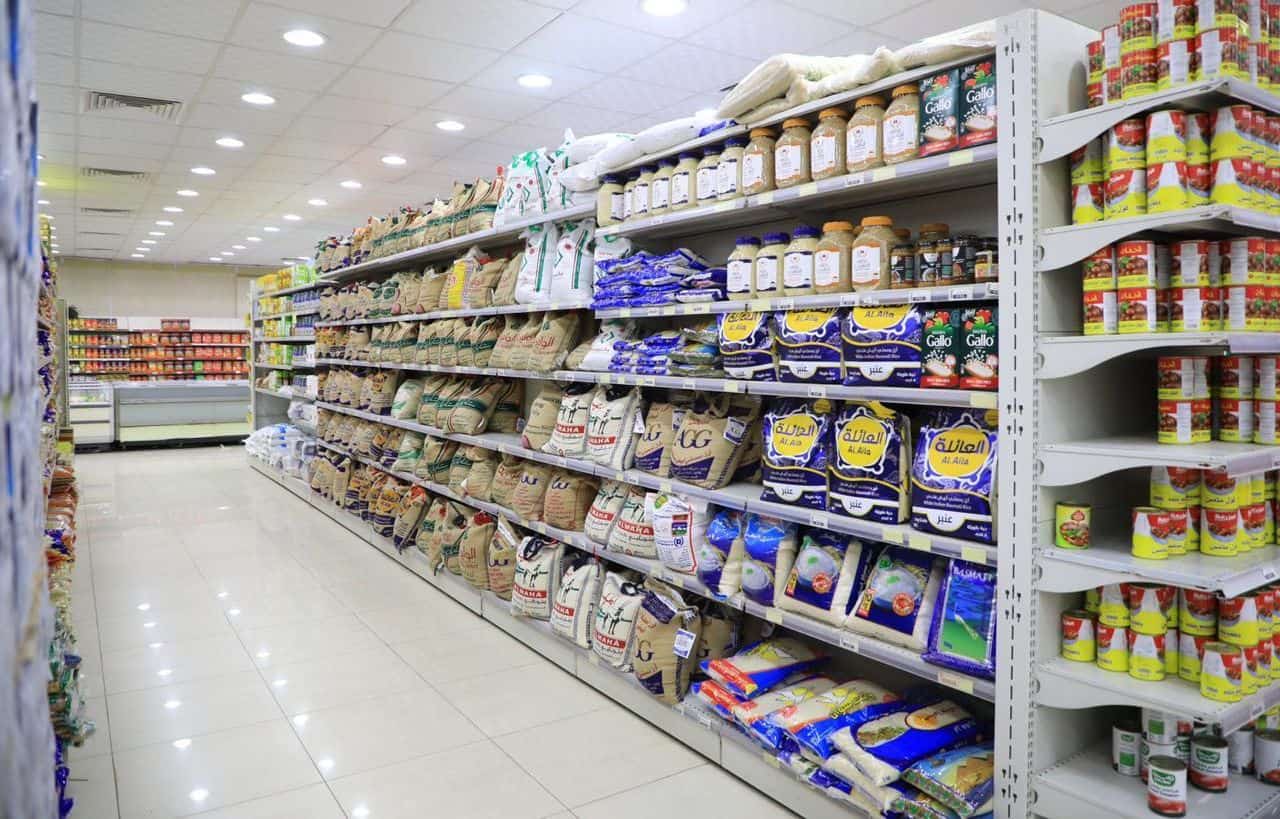Food security has become a global fundamental concern, even taking on critical importance in light of some complex political and health conditions that the world is facing.
The most recent of these concerns was the Covid-19 pandemic, but then the Russian invasion of Ukraine came along.
Many countries, including the Gulf states, are looking to minimize the consequences of various crises on their food security, prompting some — such as Saudi Arabia — to strengthen their food-security situation through a series of strategic steps.
Saudi Arabia consistently asserts that the stability of its food security and the availability of agricultural and animal products in the country extends what it refers to as the “achievements and successes” that have resulted from implementing the National Transformation Program’s strategy for enhancing food security.
Saudi market weathers woes
Despite massive concern about the impact of the Ukrainian-Russian war on food security, Saudi Environment, Water, and Agriculture Minister Abdul Rahman Al-Fadhli declared that his country’s food supplies and stocks would not be affected.

According to the local Saudi newspaper Okaz, the supply chains of agricultural, animal, and food commodities are safe and continuous, thanks to the high local production of numerous items.
Saudi Arabia has achieved high levels of sufficiency in several food materials, according to Al-Fadhli, who also noted that there are many markets from which supplies may be purchased in the case of scarcity in specific needs.
During this time, the Food Availability Committee, which is part of the Committee on Food Security, has been meeting regularly to monitor the availability of food commodities in the local market and follow up on global and regional supply chains, according to Al-Fadhli.
He noted that local stocks of essential food commodities, such as wheat and rice, are available and within safe limits, and that there is no shortage.
Covid-19 repercussions

Saudi Arabia has been able to overcome the hurdles that stood in the way of achieving food security by implementing comprehensive strategies and plans that combine farming abroad, modern technology in poultry and animal production, and increased interest in food industries.
The development of food security in the country was boosted during the Covid-19 pandemic when many food-exporting countries imposed protectionist policies and reduced the volume of exports.
The Saudi National Center for Performance Measurement, aka Adaa, reported in June 2021 that the country had jumped to the eighth place out of 113 countries for the “Adequacy of National Food Supply” indicator.
In addition, the Saudi Ministry of Environment, Water, and Agriculture announced in June 2020 the implementation of a complete integrated system that would contribute to adequate food security, an abundance of strategic stocks, and the smooth operation of supply chains.
The ministry stated back then that it did not experience any disruptions in supply chains or stock shortages brought on by the emerging pandemic.
Instead, it confirmed that the country had a reliable food chain with a daily production capacity capable of meeting the total needs of consumers while maintaining high quality.
Saudi actions

Saudi Arabia has the largest storage capacity for wheat and flour in the Middle East, exceeding 3.3 million tons, with a daily milling capacity of more than 15,000 tons.
The kingdom has a wide range of wheat sources, whether through international tenders or bids for Saudi investors abroad, for which 10 percent of wheat purchases are allocated annually.
Furthermore, Saudi Arabia has experience cultivating wheat, which began in the 1980s, relying on groundwater, and its performance increased in the 1990s to make it the second-largest producer of Arab wheat after Egypt, with 4 million tons.
However, the country decided to reduce cultivated areas to preserve groundwater reserves, and instead adopt new agricultural strategies.
Saudi Arabia has also invested and purchased lands in agriculturally active countries to import its fundamental needs, primarily wheat, while considering grain quality.
Furthermore, it made foreign animal investments, the most important technique used to create food security in the kingdom.
It’s worth mentioning that Saudi Arabia’s agricultural output reached 2.33 percent of its GDP in 2019, and self-sufficiency rate for dates topped 125 percent, vegetables and poultry went to 60 percent, eggs were at 116 percent, fresh milk and its derivatives at 109 percent, and fish was at 55 percent.








